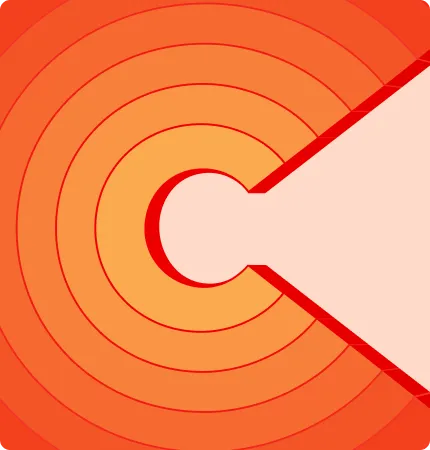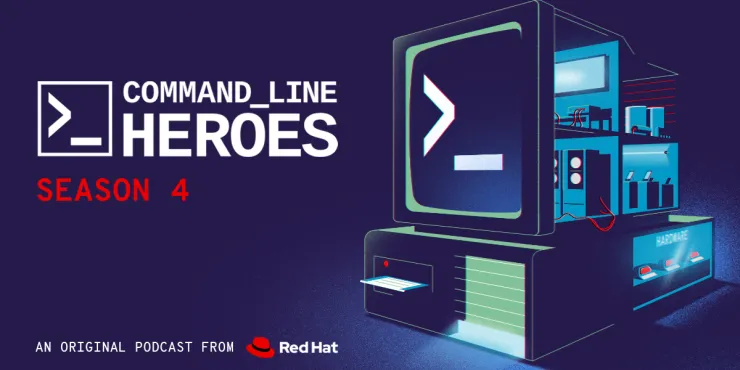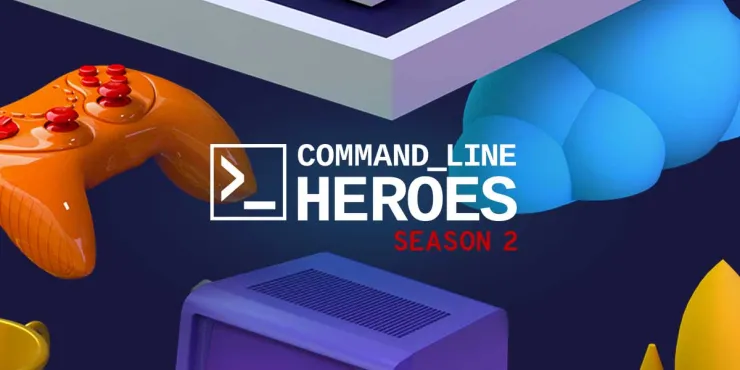
Do We Still Need Strong Copyleft Licenses?
Compiler • • Do We Still Need Strong Copyleft Licenses? | Compiler
Do We Still Need Strong Copyleft Licenses? | Compiler
About the episode
It’s a good idea to understand the open source licenses governing the projects you use. Luckily, it’s less daunting than you may think. We start with the very basics of copyright and move to open source and the difference between permissive and copyleft licenses—and how they govern the world of open source software.
But we learn how these distinctions may not be as relevant as they once were. The landscape of tech is changing. Developer culture isn’t what it used to be—and neither is how we consume software. We ask: Do we still need strong copyleft licenses?
Suscribir
Subscribe here:
Transcripción
Sobre el podcast
Compiler
Do you want to stay on top of tech, but find you’re short on time? Compiler presents perspectives, topics, and insights from the industry—free from jargon and judgment. We want to discover where technology is headed beyond the headlines, and create a place for new IT professionals to learn, grow, and thrive. If you are enjoying the show, let us know, and use #CompilerPodcast to share our episodes.


